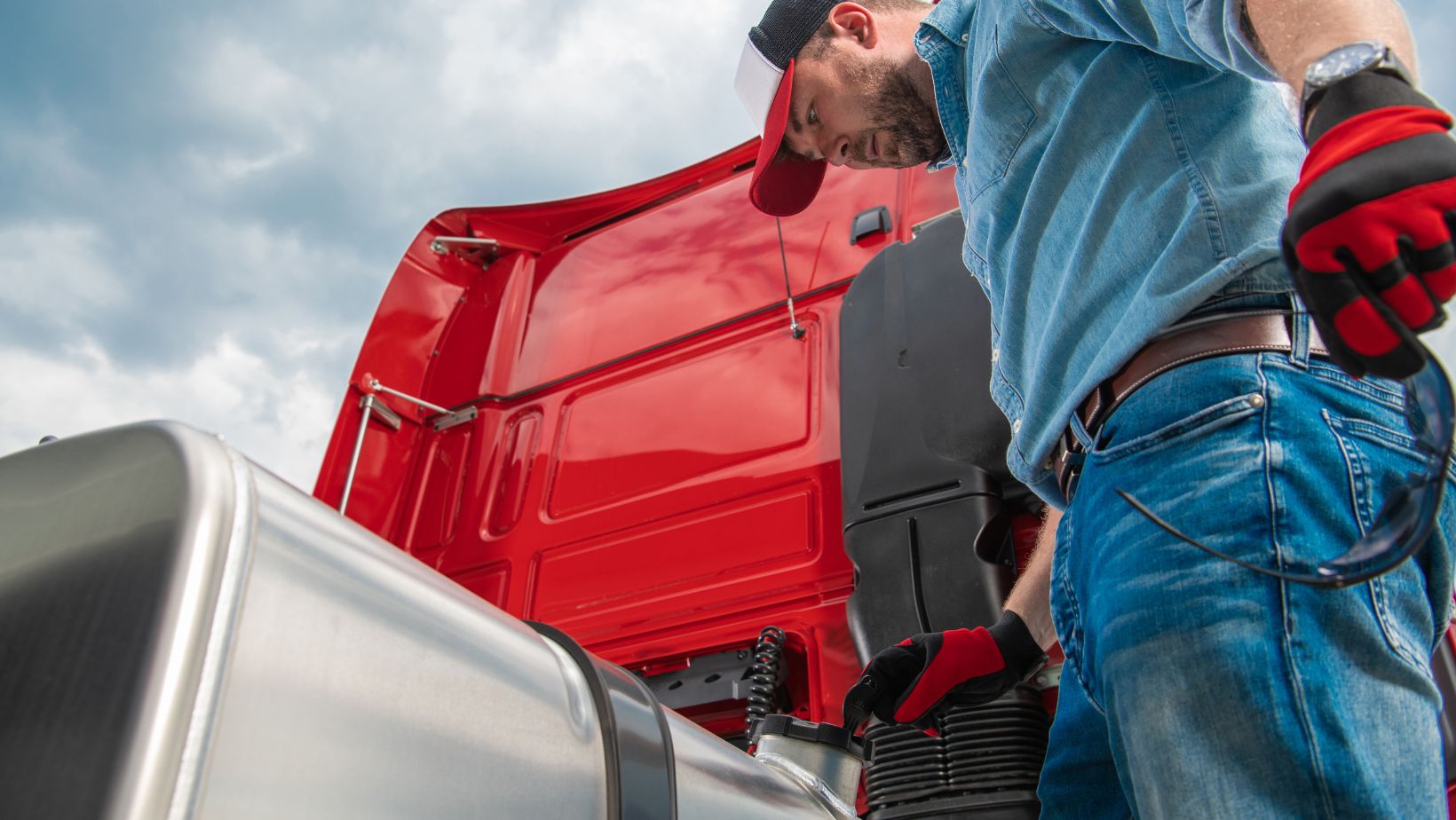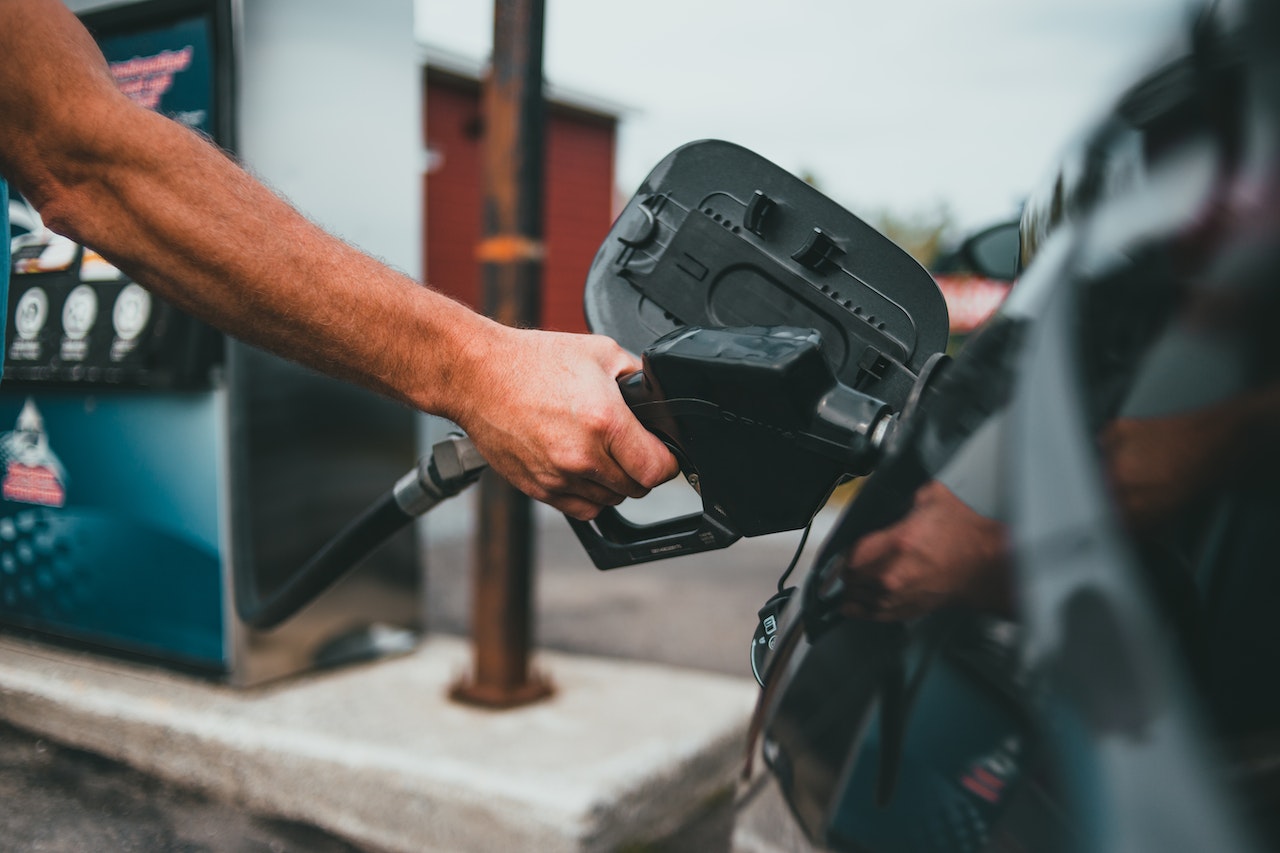
Why Does My Gas Tank Leak when I Fill it Up
Are you wondering why your gas tank is leaking when you fill it up? Well, I’ve got the answers for you! In this article, I’ll explain the possible reasons behind this frustrating issue and provide some helpful tips on how to prevent it from happening again.
One potential cause of a gas tank leak is a faulty or damaged fuel filler neck. This component connects the fuel tank to the filling point and can develop cracks or wear over time, leading to leaks. Another possibility is that the O-ring or gasket sealing the fuel cap may be worn out or improperly fitted, allowing fuel to escape.
Additionally, if you frequently “top off” your tank by continuously pumping after the nozzle has already shut off automatically, it can lead to overflow and spillage. This excess fuel can then find its way out through any available openings in the tank, causing leakage.
Recognizing the Signs of a Gas Tank Leak
Leaking Gas Tank and Its Dangers
One of the most concerning issues that car owners can encounter is a leaking gas tank. Not only can it be hazardous to your safety, but it can also lead to significant fuel wastage and potential damage to your vehicle. Understanding the signs of a gas tank leak is crucial in order to address the issue promptly and take necessary preventive measures.
A leaking gas tank poses various dangers, both for you as the driver and for the environment. Here are some key risks associated with a gas tank leak:
- Fire Hazard: Fuel leakage can result in flammable vapors accumulating around your vehicle. Even a small spark or ignition source can ignite these vapors, leading to a potentially catastrophic fire.
- Health Risks: Inhaling gasoline fumes from a leaking tank can be harmful to your health. The toxic chemicals present in gasoline may cause respiratory problems, dizziness, headaches, and nausea.
- Environmental Impact: A gas tank leak contributes to pollution by releasing harmful substances into the soil and water sources. This contamination not only affects local ecosystems but also has long-lasting effects on our overall environment.
Understanding the Causes of Gas Tank Leaks
To effectively recognize a gas tank leak, it’s essential to understand what causes them in the first place. Several factors can contribute to this problem:
- Corrosion: Over time, exposure to moisture and other environmental elements can cause corrosion on your vehicle’s gas tank walls or its connecting pipes.
- Physical Damage: Accidents or collisions involving your vehicle may lead to structural damage that compromises the integrity of your gas tank.
- Loose or Damaged Fuel Cap: A loose or damaged fuel cap may allow fuel vapor or liquid gasoline to escape from the tank.
- Improper Installation: Poor installation during repairs or modifications can result in loose connections or improperly sealed joints, leading to leaks.
- Age and Wear: As your vehicle ages, the gas tank may deteriorate due to wear and tear, making it more susceptible to leaks.
How to Prevent Gas Tank Leaks
When it comes to preventing gas tank leaks, proper maintenance and regular inspection are key. By following a few simple steps, you can minimize the risk of experiencing leaks when filling up your gas tank. Here’s what you need to know:
Proper Maintenance to Prevent Gas Tank Leaks
One of the most effective ways to prevent gas tank leaks is by ensuring proper maintenance of your vehicle. Regularly servicing your car and addressing any potential issues promptly can go a long way in preventing leaks. Here are some maintenance tips:
- Replace worn-out components: Over time, various components of your fuel system, such as gaskets and seals, may wear out or become damaged. It’s important to replace these parts as needed to maintain a tight seal and prevent leaks.
- Check for corrosion: Inspect your gas tank regularly for signs of corrosion or rust. Corrosion weakens the metal structure of the tank, making it more prone to leaks. If you notice any signs of corrosion, consult a professional mechanic for further evaluation and necessary repairs.
- Ensure proper installation: If you’ve recently had work done on your fuel system or gas tank, double-check that everything has been installed correctly. Improper installation can lead to leakages, so it’s essential to have any work performed by qualified technicians.
Regular Inspection of Your Gas Tank
Regularly inspecting your gas tank is crucial for early detection and prevention of leaks. By keeping an eye out for potential issues, you can address them before they escalate into major problems. Here are some inspection guidelines:
- Look for visible damage: Examine the exterior surface of your gas tank for any visible cracks or dents that could compromise its integrity. Additionally, check all connections and fittings associated with the fuel system for signs of wear or looseness.
- Monitor fuel consumption: A sudden increase in fuel consumption may indicate a leak in your gas tank. If you notice that you’re needing to fill up more frequently than usual, it’s worth investigating further to rule out any leaks or fuel system issues.
- Pay attention to odors: A strong smell of gasoline around your vehicle could be an indication of a leak in the fuel system. Take note of any unusual odors and have them inspected by a professional mechanic.






